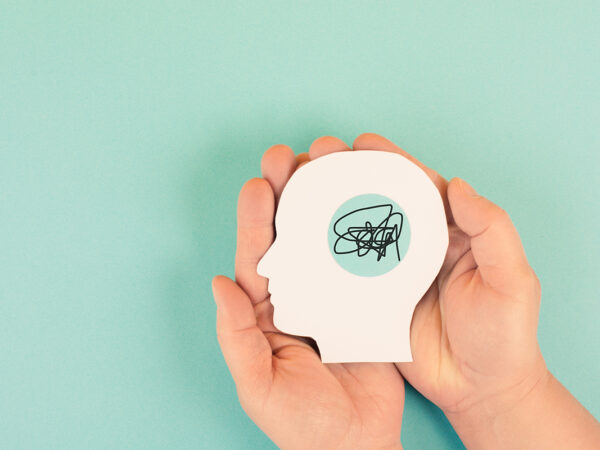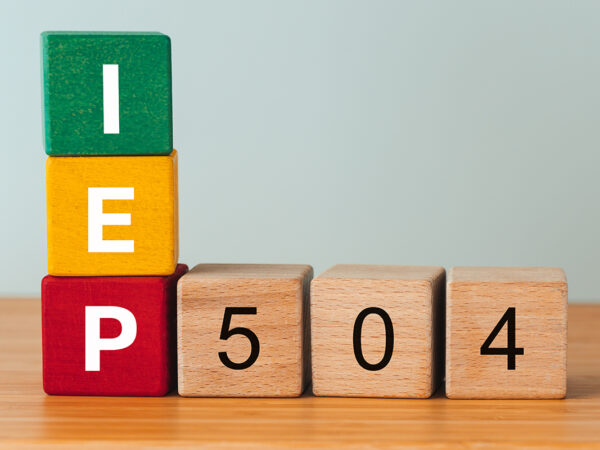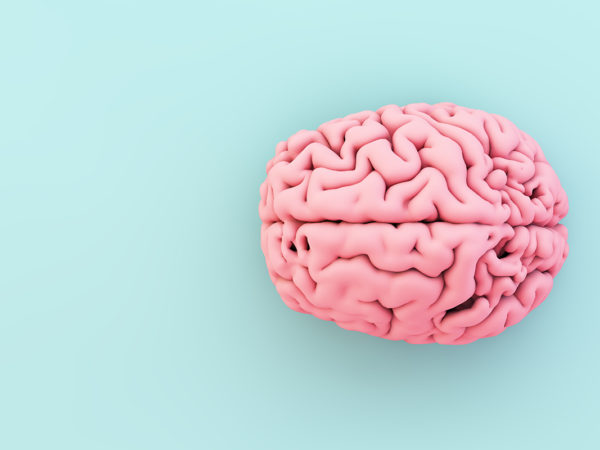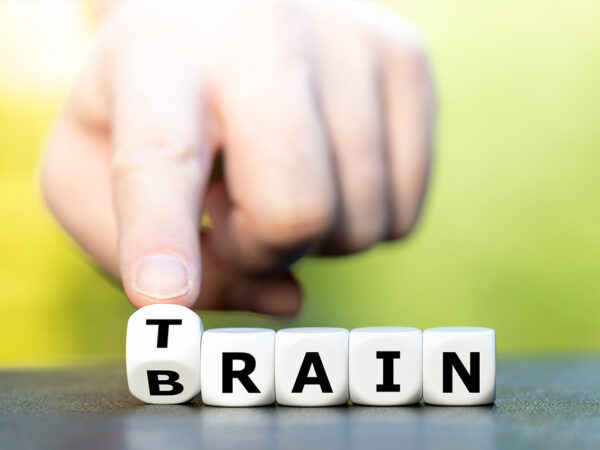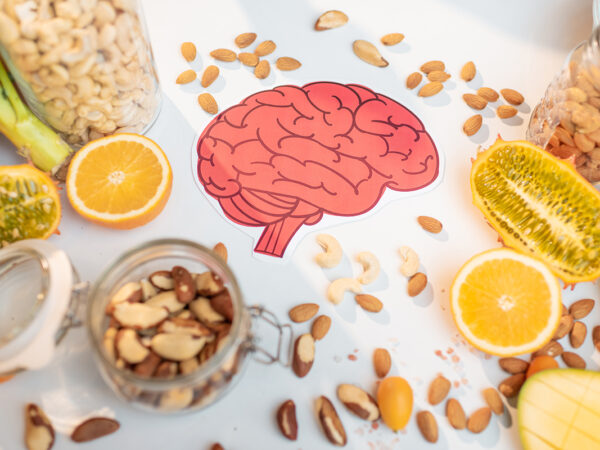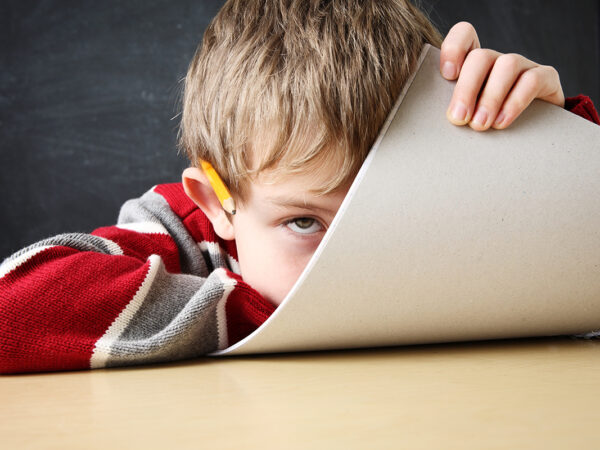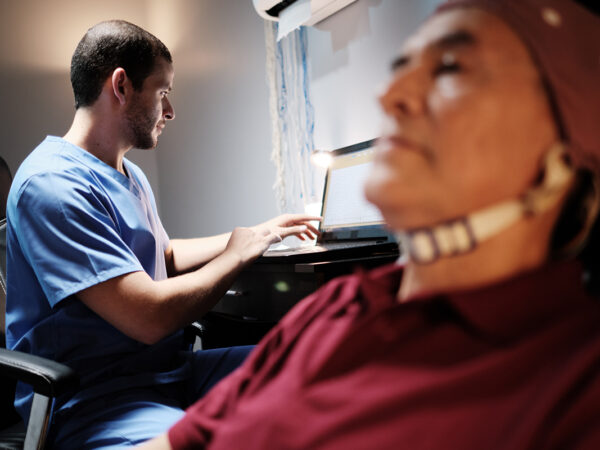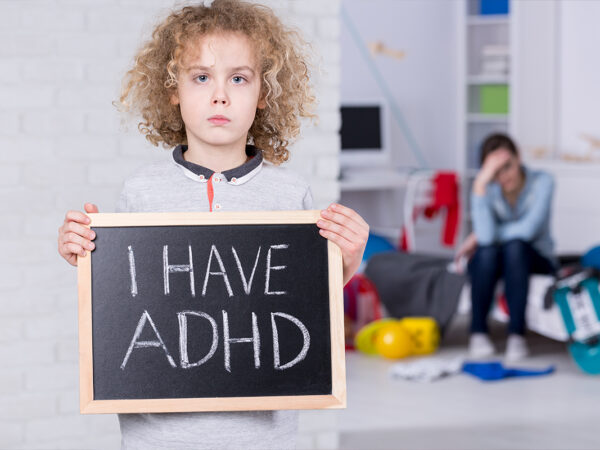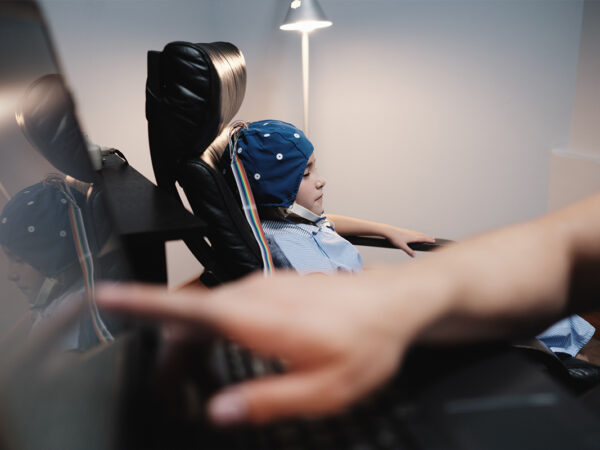Attention Deficit Hyperactivity Disorder (ADHD)
Types of ADHD:
- ADHD-Inattentive Type: Previously referred to as ADD, characterized mainly by inattention and distractibility.
- ADHD-Hyperactive Type: Characterized mainly by hyperactivity and impulsive behaviors.
- ADHD-Combined Type: Characterized by a combination of inattentive and hyperactive/impulsive symptoms.
Common Symptoms of ADHD:
- Fails to give close attention to details or makes careless mistakes in schoolwork, work, or other activities
- Has difficulty sustaining attention in tasks or play activities
- Does not seem to listen when spoken to directly
- Does not follow through on instructions and fails to finish schoolwork, chores, or duties in the workplace
- Has difficulty organizing tasks and activities
- Avoids, dislikes, or is reluctant to engage in tasks requiring sustained mental effort
- Loses things necessary for tasks or activities
- Is easily distracted by extraneous stimuli
- Is forgetful in daily activities
Hyperactivity Symptoms:
- Fidgets with or taps hands or feet, or squirms in seat
- Leaves seat in situations when remaining seated is expected
- Runs about or climbs in situations where it is inappropriate
- Is unable to play or take part in leisure activities quietly
- Is often “on the go”, acting as if “driven by a motor”
- Talks excessively
Impulsivity Symptoms:
- Blurts out an answer before a question has been completed
- Has trouble waiting his/her turn
- Interrupts or intrudes on others
Diagnosis of ADHD:
Treatment and Support for ADHD:
- Psychotherapy: Psychotherapy for ADHD focuses on addressing the psychosocial and emotional aspects of the disorder. This involves techniques to help individuals develop emotional regulation skills, improve self-esteem, and enhance interpersonal relationships. The therapy aims to support individuals in managing the emotional challenges associated with ADHD, such as frustration, impulsivity, and social difficulties, ultimately leading to improved overall well-being and functioning.
- Executive Functioning Support: Executive functioning support offers comprehensive strategies designed to enhance organization, time management, and study skills. This service is tailored for both children and adults with ADHD, providing them with practical tools to manage academic responsibilities and daily tasks more effectively. By developing personalized routines and methods for prioritizing tasks, individuals can achieve greater productivity and reduce the stress associated with disorganization and time constraints. This support fosters improved academic performance and better management of everyday activities, promoting overall success and well-being.
- School Accommodations: Adjustments in the learning environment, including extended time on tests, seating arrangements, and individualized instruction plans (IEPs or 504 plans), to support students’ unique needs and enhance their academic success.
- Neurofeedback: An innovative and non-invasive alternative to medication, neurofeedback involves real-time monitoring of brain activity to teach self-regulation of brain function. Individuals receive immediate feedback on their brain waves, allowing them to learn how to optimize brain patterns. This process can lead to significant improvements in attention, cognitive control, and emotional regulation, offering a powerful tool for managing ADHD and enhancing overall brain performance.
INSIGHTS AND NEWS
Posts About ADHD
Can Neurofeedback Train the ADHD Brain?
Living with Attention Deficit Hyperactivity Disorder (ADHD) presents daily...
Back-to-School Checklist — Why You Should Consider a Private Tutor
At Cognitive Solutions L.C., we understand the unique challenges that students...
IEP Testing With a Private Evaluator — Why Your Child May Benefit More From a Private Evaluation
As parents, we all want the best for our children. When it comes to their...
Exploring the Differences Between Neuropsychological Testing vs. Quantitative Electroencephalogram (qEEG) Testing
Joy Malanyaon began experiencing severe headaches beginning December 2016....
Too Viral?: Investigating the Effects of Mental Health Content on TikTok
Starting out as an app to pass the time with dance challenges like the Renegade,...
Executive Functioning When You Have ADHD
People can be flippant about ADHD. How many times have you heard someone who got...
Four Reasons Why You Should Consider Neurofeedback
“When you are dealing with depression and anxiety, you feel like you’re lost,”...
How Neurofeedback Treats Traumatic Brain Injury, Anxiety, Depression, And More
Imagine if you and your therapist could actually see what your mental illness...
Is there such a thing as an ADHD diet?
Is there such a thing as an ADHD diet? Ari Goldstein, Ph.D. “You are what...
Why Do More Children Seem to Have ADHD Today?
Why Do More Children Seem to Have ADHD? By Ari Goldstein, Ph.D. According...
The Parents Dilemma – Choosing the Right Therapy When Your Child Has ADHD
The Parents Dilemma – Choosing the Right Therapy When Your Child Has...
Chicago Dyslexia and Attention Deficit Hyperactivity Disorder
What is it Like to Have Both Dyslexia and Attention Deficit Hyperactivity...
Attention Deficit Disorder ADD and ADHD Treatment in Chicago: Neurofeedback and Executive Functioning Training
By Ari Goldstein, Ph.D. Most psychologists and doctors in Chicago have limited...
Treating ADHD Without Medication
ADHD stands for Attention Deficit Hyperactivity Disorder. This disorder is common...
Reap the Benefits of Neurofeedback
FOR IMMEDIATE RELEASE (Chicago, Illinois, 17 January 2012) A Neurofeedback...


